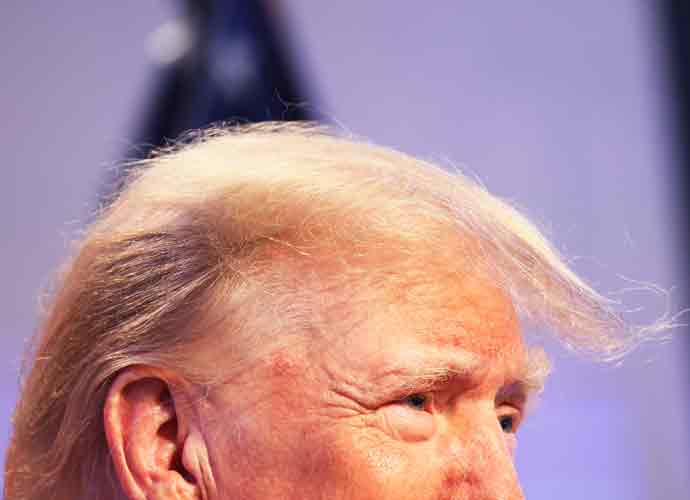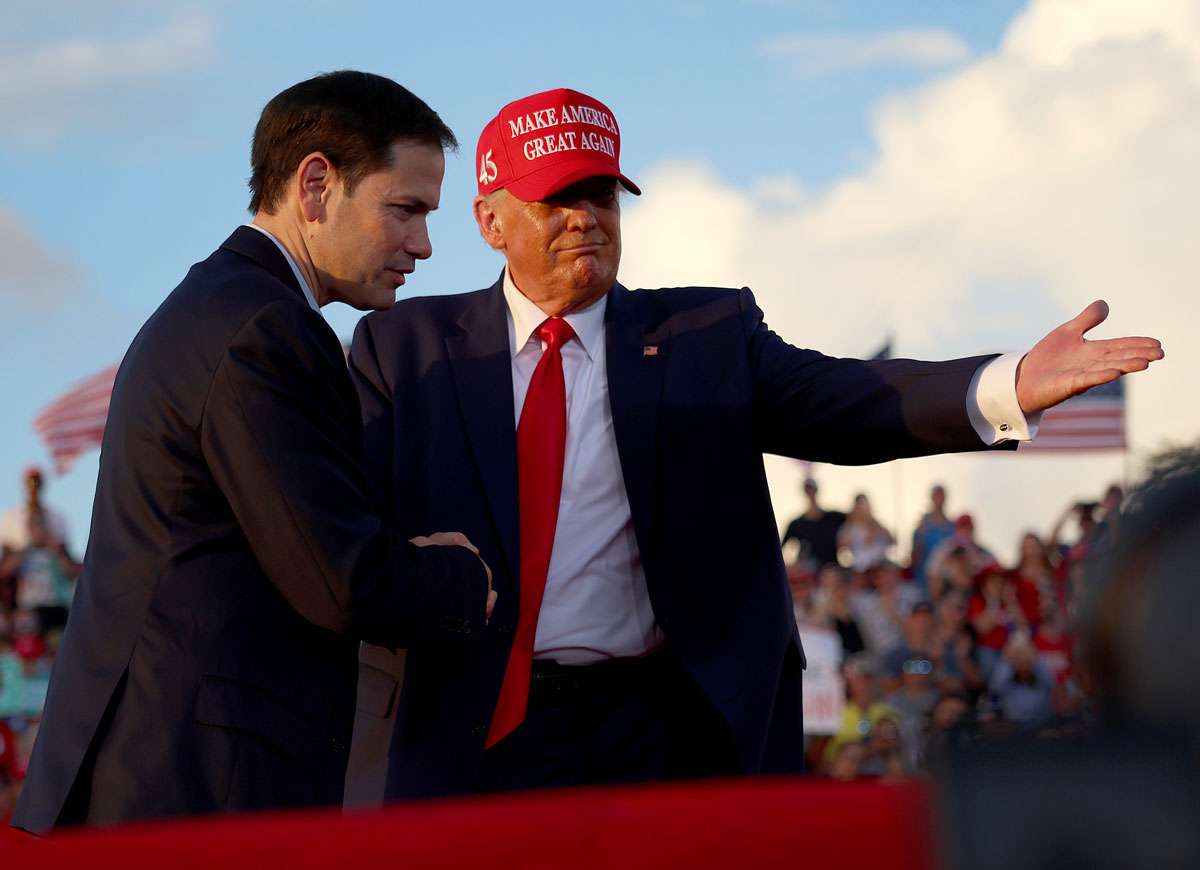Mitch McConnell Reiterates Trump Should Be ‘Held Accountable’ After Supreme Court Justices Seem Skeptical About Giving Him ‘Absolute’ Immunity
During a hearing this week, most of the justices on the U.S. Supreme Court appeared skeptical about offering blanket immunity to a former president, which would keep them from being prosecuted for criminal acts.
On Sunday, Senate Minority Leader Mitch McConnell reiterated that former President Donald Trump should be “held accountable” when asked about the court hearing.
On Meet the Press, host Kristin Welker asked McConnell: “Just to be clear, you said former presidents are not immune from being held accountable. Do you stand by those comments?
“That was my view, but I don’t make those decisions,” McConnell responded.
“But do you stand by those comments?” Welker pressed. “Yeah, that’s my view. But my view is my view. The court is going to decide this,” McConnell said.
During the court hearing, the justices pushed lawyers for Trump and Special Counsel Jack Smith.
Despite this, much of the justices’ questioning focused on broad implications for the presidency instead of what it would mean for the former president.
“Without presidential immunity from criminal prosecution, there can be no presidency as we know it,” Trump’s attorney, D. John Sauer, claimed during an oral argument. “If a president can be charged, put on trial and imprisoned for his most controversial decisions as soon as he leaves office, that looming threat will distort the president’s decision-making precisely when bold and fearless action is most needed,” Sauer claimed.
“Every current president will face de facto blackmail and extortion by his political rivals while still in office,” he said. “The implications of the Court’s decision here extend far beyond the facts of this case.”
Sauer also mentioned that “prosecuting the president for his official acts is an innovation with no foothold in history or tradition and incompatible with our constitutional structure.”
“The original meaning of the Executive Vesting Clause – the framer’s understanding and intent – an unbroken historical tradition spanning 200 years – and policy considerations rooted in the separation of powers all counsel against it,” Trump’s attorney stated.
Justice Amy Coney Barrett, a Trump appointee, responded to Sauer’s point that “the impeachment Clause suggests or requires impeachment to be a gateway to criminal prosecution.”
“So there are many other people who are subject to impeachment, including the nine sitting on this bench, and I don’t think anyone has ever suggested that impeachment would have to be the gateway to criminal prosecution for any of the many other officers subject to impeachment,” Barrett told the Trump attorney. “So why is the president different when the [Constitution’s] impeachment clause doesn’t say so,” she asked him.
Sauer responded, “Someone very important has made the opposite suggestion as to the president himself, which is Solicitor General [Robert Bork] – which is reformed in the OLC opinions on this where the – where Solicitor General Bork, in 1973 – as to the issue of the vice president- reviewed the historical materials and he said the sequence is mandatory only as to the president.”
During a hearing at a federal appeals court on January 9, Sauer argued that presidential immunity would allow a U.S. president to order SEAL Team Six to assassinate a political rival without the president having to face criminal prosecution.
While the attorney made his statement, he said that only if a president has been impeached and Congress removes him from office can they face criminal prosecution. According to the attorney, this means that Trump cannot be prosecuted.
Prosecutors like Assistant Special Counsel James Pearce asked the panels of judges to dismiss Trump’s argument.
In January, Trump declared on Truth Social that U.S. presidents deserve to be immune to prosecution, even if they have committed acts that “cross the line.”
RELATED ARTICLES
Get the most-revealing celebrity conversations with the uInterview podcast!







Leave a comment